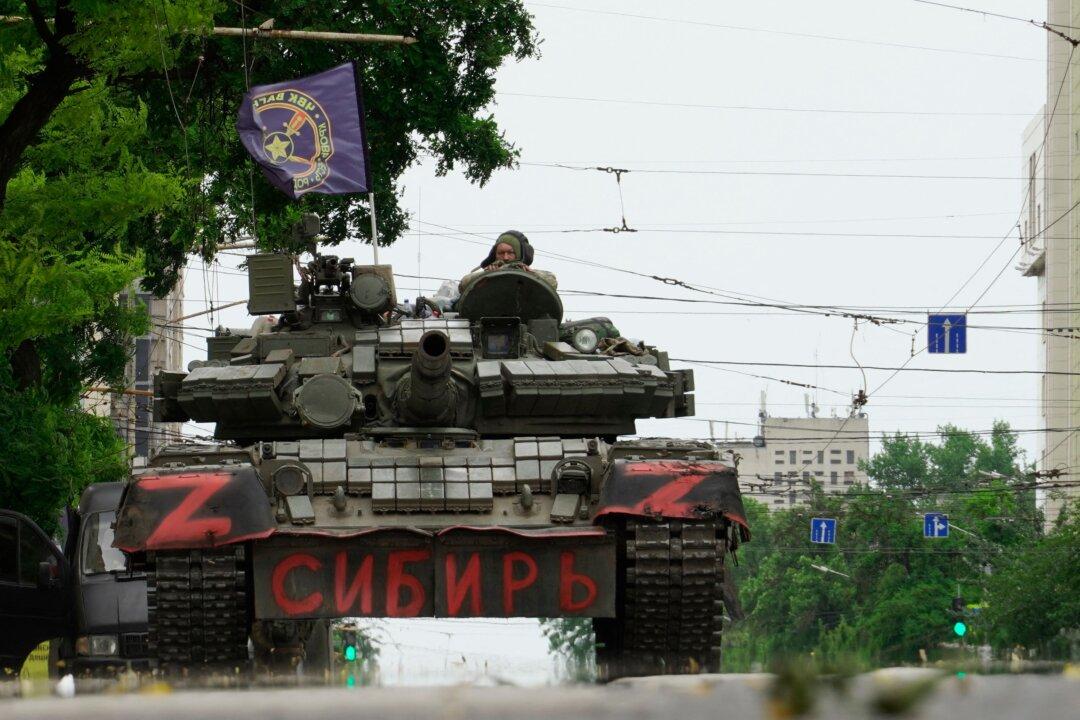NATO Secretary-General Jens Stoltenberg said that the transatlantic military alliance is prepared to defend itself against the threat from the Wagner mercenary force that is relocating to Belarus after a short-lived rebellion in Russia.
Wagner forces’ thunder run towards Moscow in protest against Russia’s military leadership last weekend ended in an amnesty deal with the Kremlin in which the mercenaries and their chief, Yevgeny Prigozhin, would relocate to neighboring Belarus.





